Biography
(No Information)
Filmography
all 8
Movies 8
self 3
Writer 2
Director 1
Self - Interviewee

Catastroika (2012)
Movie
Director
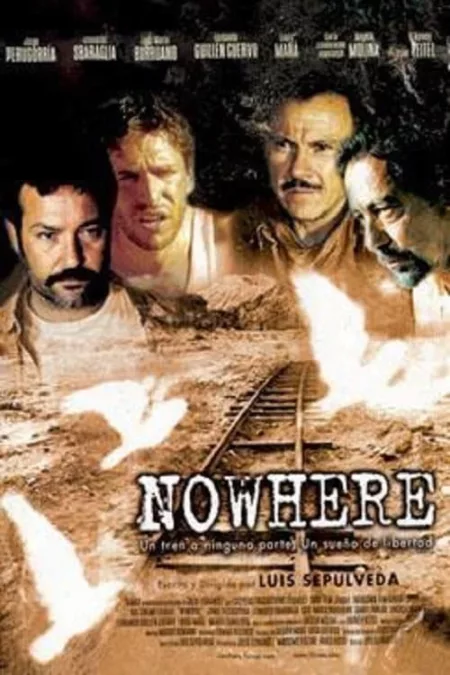
Nowhere (2002)
Movie
Il Barbone
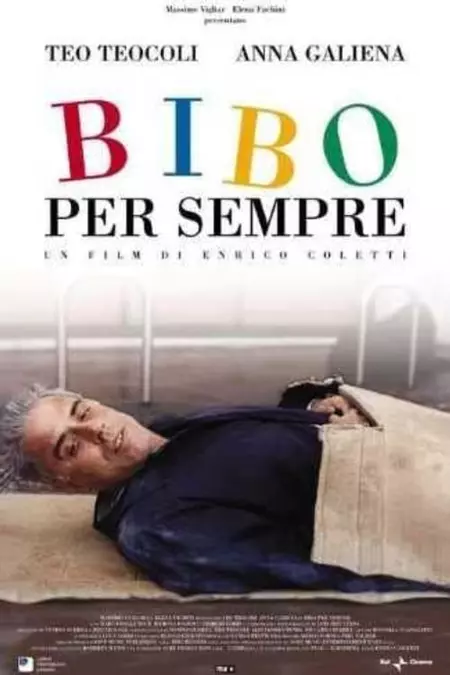
Bibo per sempre (2000)
Movie
Il Poeta
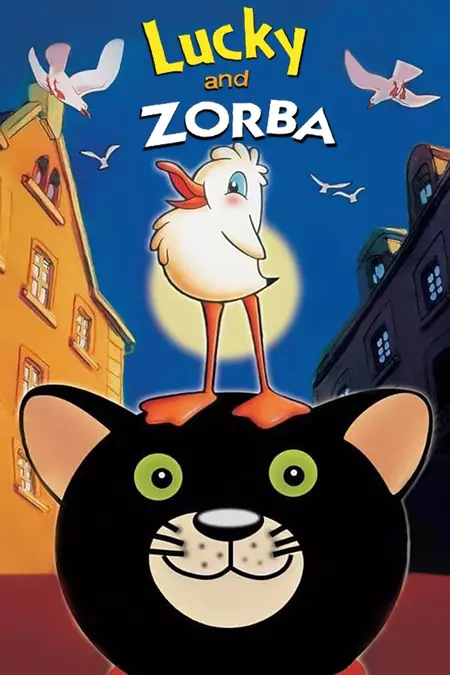
Lucky and Zorba (1998)
Movie
Information
Known ForDirecting
GenderMale
Birthday1949-10-04
Deathday2020-04-16 (70 years old)
Birth NameLuis Sepulveda Diaz
Birth PlaceOvalle, Chile
CitizenshipsChile
ResidencesChile, Chile
AwardsAlcalá City Awards, Chevalier des Arts et des Lettres, Tigre Juan award, Premio Chiara
This article uses material from Wikipedia.
Last updated:
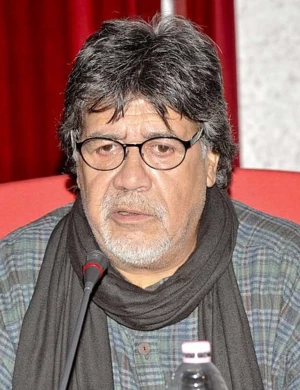 Luis Sepúlveda
Luis Sepúlveda- Filmography
- Information
- Related Persons

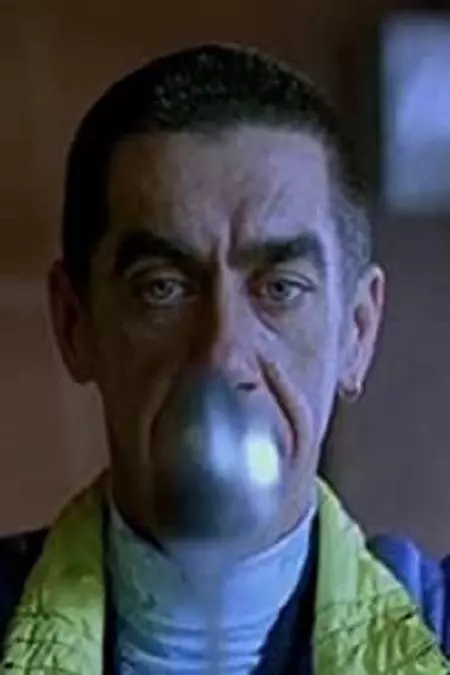
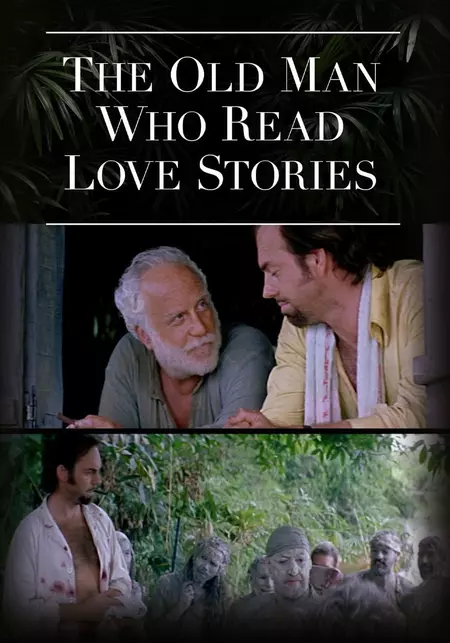
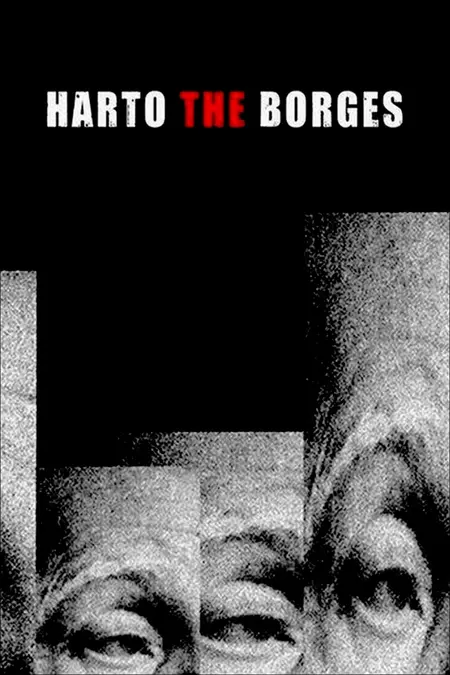

 ,
,